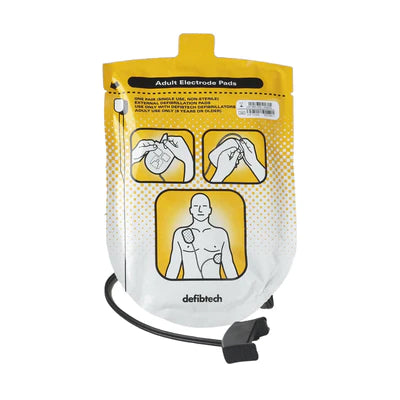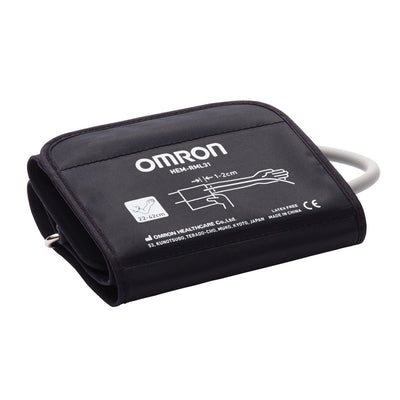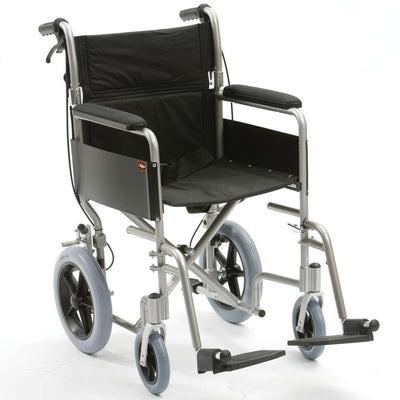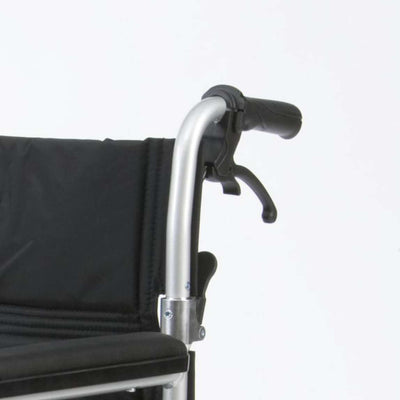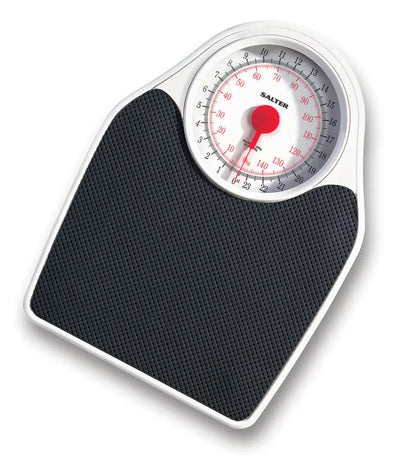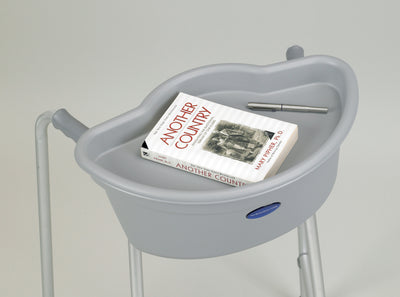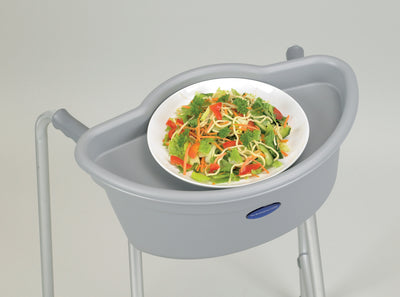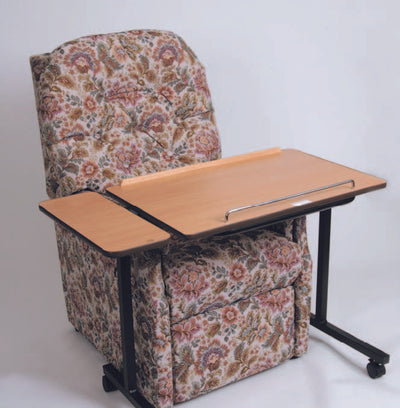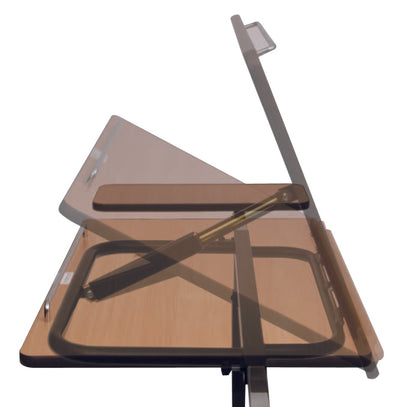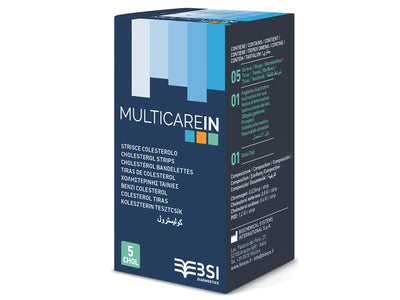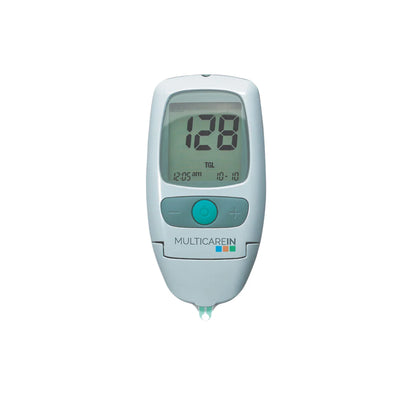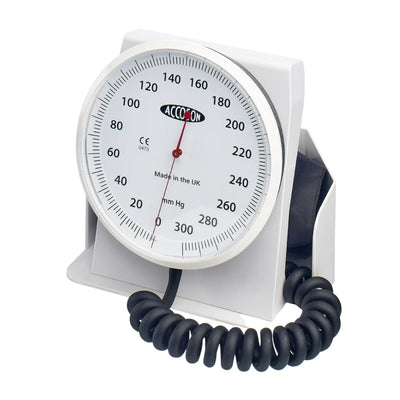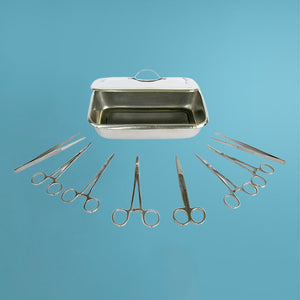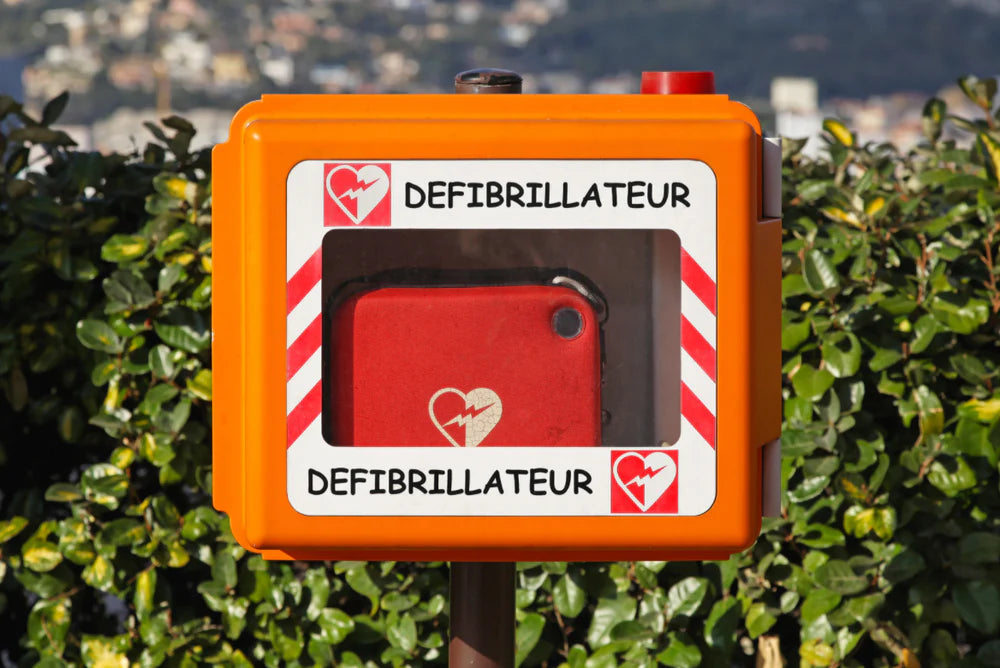When Swedish footballer Christian Eriksen collapsed on the pitch with a cardiac arrest at Euro 2020, his team and support staff quickly and calmly jumped into action, locating the stadium’s defibrillator and working to restart his heart.
Eriksen is currently recovering well but without the quick use of the stadium's defibrillator the story could have had a very different ending.
So, does your community, sports centre, train station, business and shopping area need a defibrillator? In short, the answer is a resounding yes.
Why is a defibrillator useful?
The statistics on heart attack survival are staggering. Less than 1 in 10 people in the UK will survive an out-of-hospital cardiac arrest.
Read it again, less than 1 in 10.
Why is this? Well, it’s largely because when someone goes into cardiac arrest they are enormously reliant on the effective actions of those around them to:
- act quickly
- perform CPR
- locate and use a defibrillator until emergency medical help can be sought.
Unfortunately, there aren’t enough people in the UK who are either trained or willing to perform CPR and there aren’t enough defibrillators available to the public to use in such emergencies.
Fast use of a defibrillator can increase heart attack survival rates by an incredible 70%.
How many defibrillators should my community have?
Sadly in the UK we are a substantial way off the ideal target of having a defibrillator in every community.
In a city-centre environment, there should be one every 200m (650ft). In rural areas, there should be one for every 1,000 people.
Defibrillators are normally located in workplaces and public spaces like airports, shopping centres, community centres, and train stations. These defibrillators are known as public access defibrillators (PADs) as anyone can use them. The defibrillator or the case it sits in may say ‘AED’ or ‘defibrillator’.
Defibrillators that are stored externally for public use should be registered with the local ambulance service either directly, or via the National Defibrillator Database so that the ambulance service can direct a 999 caller to the nearest one in an emergency. This is an incredibly useful service but the truth is that often there isn’t a defibrillator close enough to help save the life of the person having a cardiac arrest.
Should my business have a defibrillator?
Having a defibrillator in your workplace can absolutely save lives. If you’re a business located on a busy High Road or town centre your defibrillator will not only be useful to your staff but can also be used by the general public. Registering your device with the local ambulance service will allow it to be made available in many more emergency situations.
As a business owner you might also like to provide your staff with CPR training to demonstrate your commitment to the safety of your staff and the wider community.
By having a defibrillator in your community/workplace and by training people in CPR, you can play an important part in saving more lives.
Follow the steps to dealing with cardiac arrest
What happened on the pitch with Christian Eriksen was a perfect example of how cardiac arrest should be dealt with. His team-mates and the pitchside support staff had been trained, knew exactly how to respond and followed the correct steps to make sure he stayed alive.
The steps are:
- Recognise there is a problem
- Call for medical help
- Start chest compressions
- Use a defibrillator
- Go to hospital
With more investment in public defibrillators and CPR training we can help to raise the survival of cardiac arrest patients and ultimately save more lives.
Will you invest in a defibrillator for your business or community today?
Need more help with buying the right defibrillator for your business or community? We're here to help so get in touch today.
For all your Medical and Homecare supplies give us a call at Mediworld.
We have over 40 years experience in medical, surgical, mobility and home health supplies and we're always on hand to chat if you need support or advice. Follow us on Twitter and Facebook and don't forget to read our other great health blogs!


